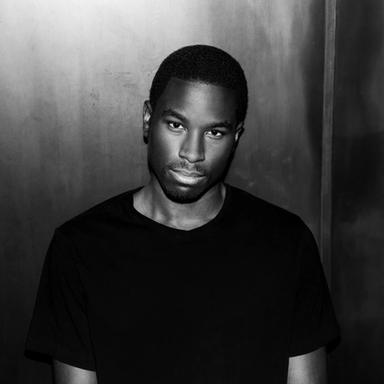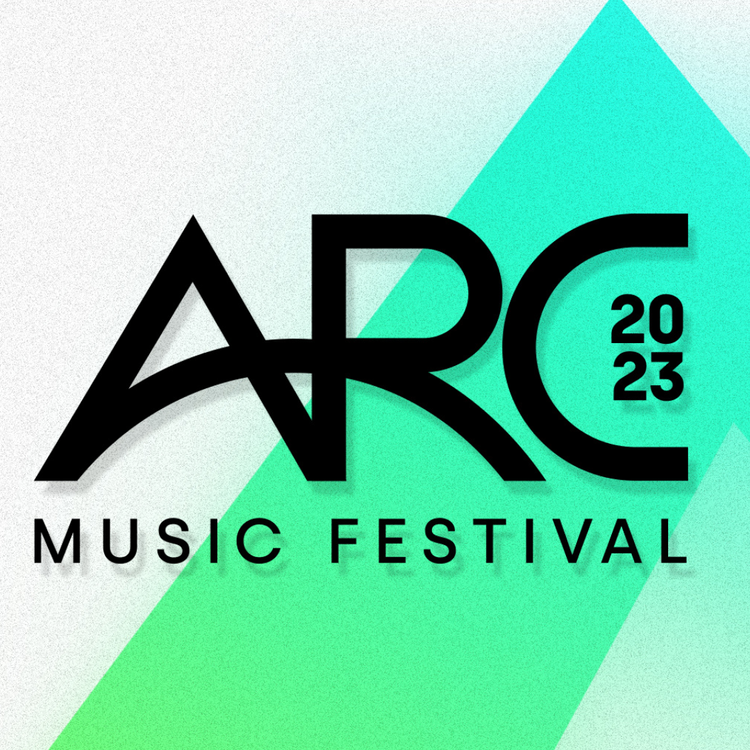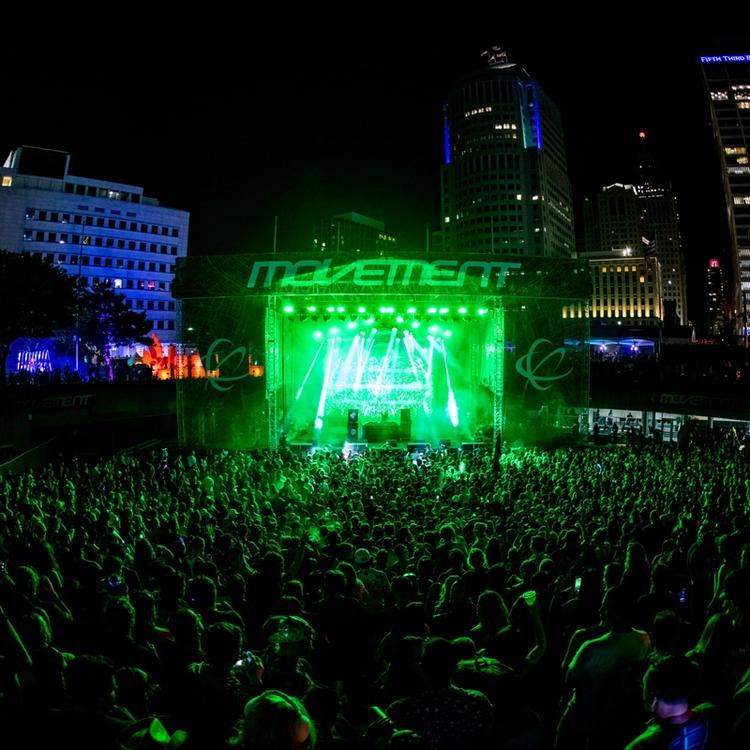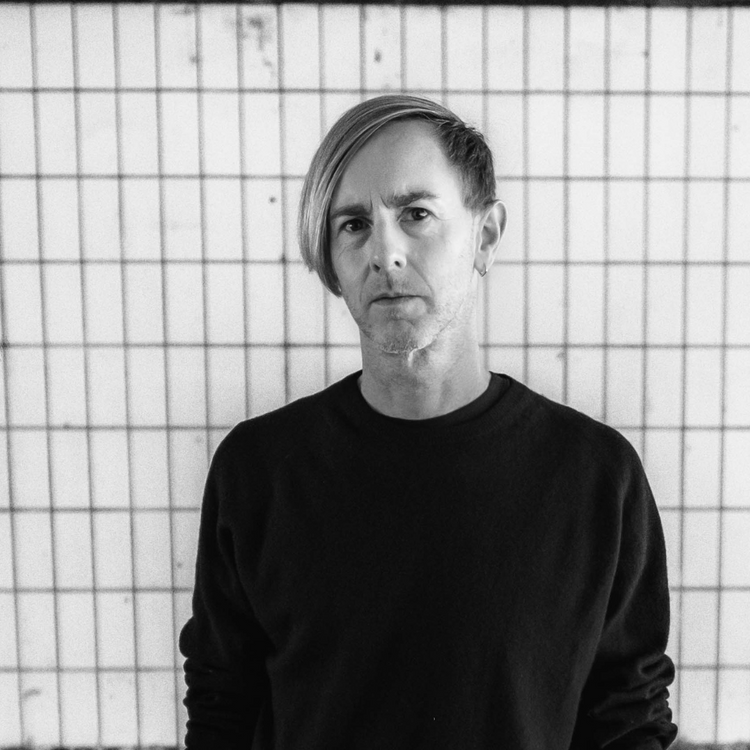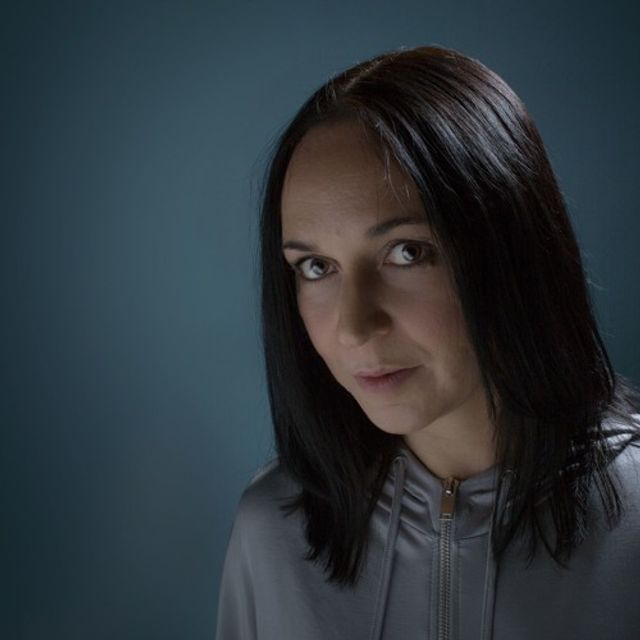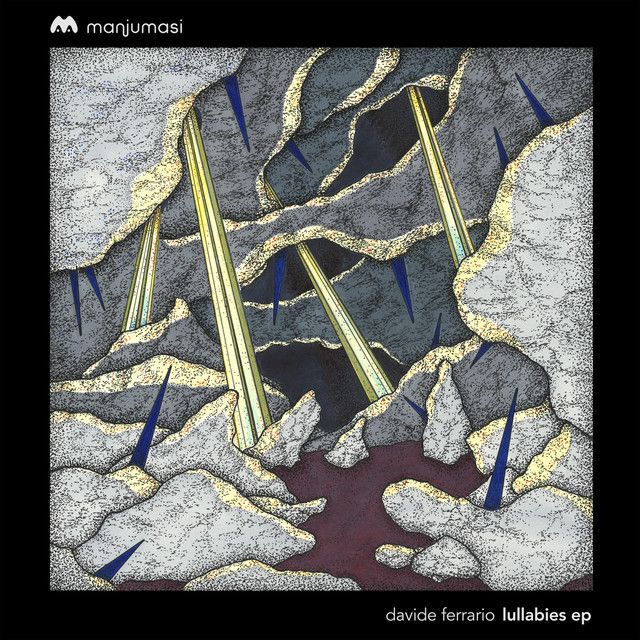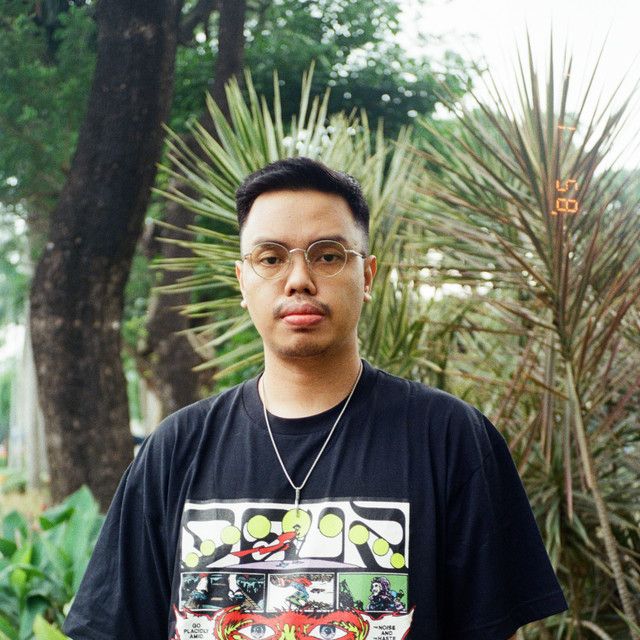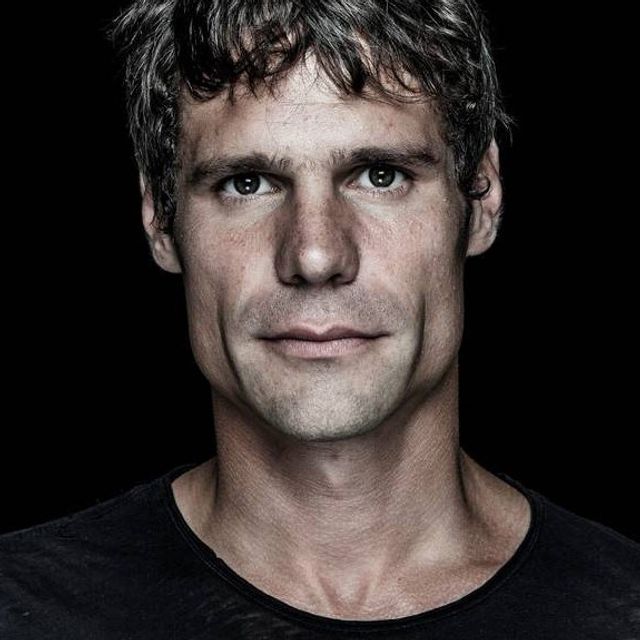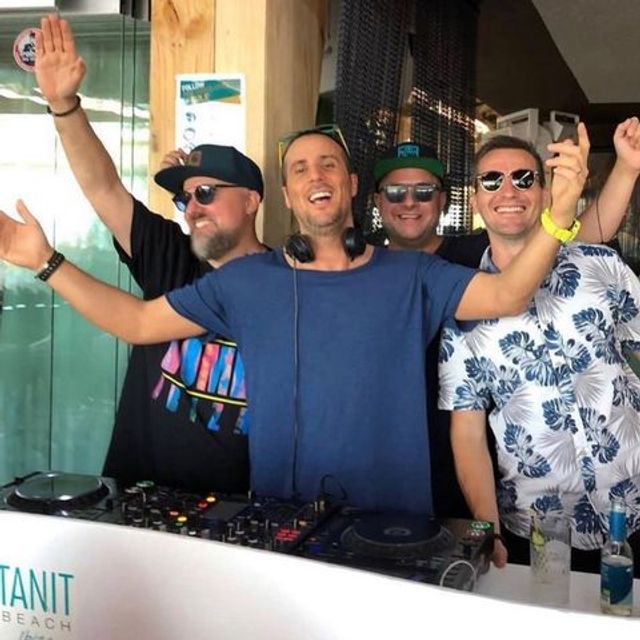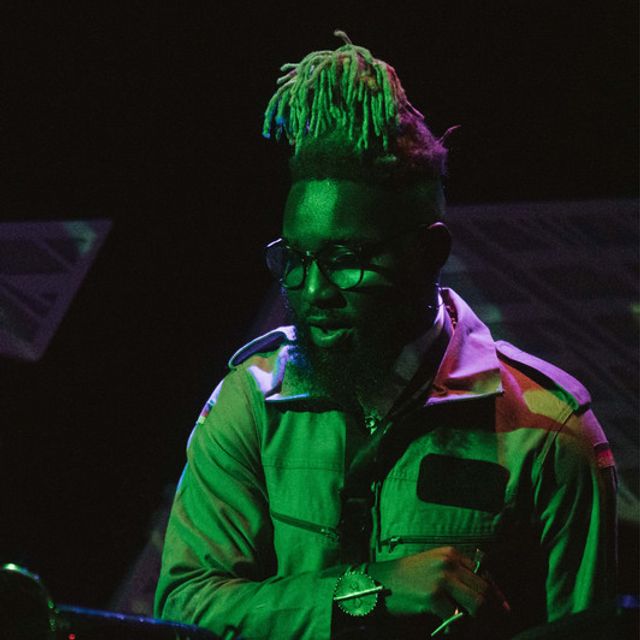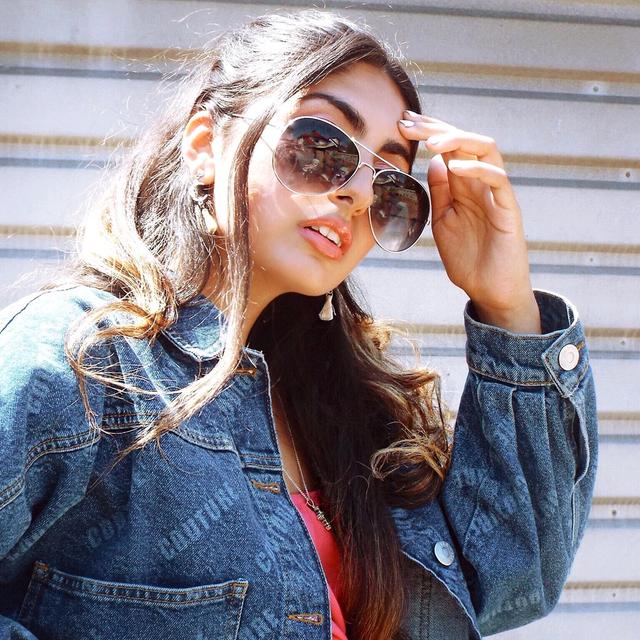Artist Spotlight
For Detroit-based, Grand Rapids-born neo-American techno producer Henry Brooks, techno music exists on a vast kaleidoscopic spectrum of differing sounds and speeds. “There are many different styles of techno that elicit different feelings and responses, make you move in different ways,” says Brooks. Although he veers toward a particularly upbeat, cacophonic style of techno, Brooks’s guiding principle is that “whether it’s banging 155 BPM industrial techno or really slow, tripped out, spacey techno, the core of all styles of techno should be pushing towards innovation and the future.” The central focus of Brooks’s version of neo-American techno? “Experimentation, futurism, and breaking free from the status quo.” After receiving multiple co-signs from Charlotte de Witte and getting booked by Richie Hawtin for the North American techno patriarch’s From Our Minds tour, it’s clear that Brooks is a central artist in the evolving techno scenes across North America. We sat down with Brooks for a conversation about his emerging style of techno, his ongoing rise in the Detroit music scene, and his current place in the broader North American techno scene. Can you start by telling us a bit about your sound? I predominantly play hard, fast industrial techno, schranz, and hardgroove techno, which ranges from 140 bpm to 160 bpm and is more popular in Europe and other countries. Hard industrial techno and schranz are all about controlled distortion. You can have a track that is very distorted yet at the same time sounds very clean and polished. Rebekah, Wallis, and Endlec are a few such producers that come to mind. In addition to the more current industrial and hard techno stuff I’ve been making, I’ve also been trying to experiment with adding guitars. I’ve been using VSTs that sound really close to the actual thing. I’ve been doing that and collaborating with metal vocalists. I’ve been trying to experiment and build on that in the realm of techno, to combine techno and metal. I really enjoy experimenting and bridging genres with those sounds. Looking back, can you talk about the music you grew up with in Grand Rapids, Michigan? I grew up on metalcore, post-hardcore, and hardcore music. That’s what I listened to growing up until I was 15 years old. When I was 15, I got into drum and bass, [and] commercial big room house — artists like Calvin Harris. I came across commercial EDM, got involved in that world, and kept on digging and diving. Eventually, I came across house music. The first actual house artists were Kenny Dope, Josh Butler, Moodyman, stuff like that. I got really involved in that scene. I started coming down from Grand Rapids to Detroit when I was still in high school. After I got out of high school, I started coming down almost every weekend just to go out. That’s when I got involved in the techno scene. How did you first become acquainted with the grand tapestry of Detroit techno? After high school in 2015, I was already invested in the music, but I hadn’t gone down to Detroit a lot. I did some research and saw there was a big scene in Detroit, so I went down there one weekend. The first proper underground Detroit show I went to was at The Works, it was a Blank Code party. RIP to that venue! They were playing techno, and I hadn’t listened to that style of techno before. It was eye-opening. Harder, more percussive. Different than house. After about a year, I decided that I wanted to start DJing — I felt called to do that. I had a friend who helped me out, and after I played a couple times, she was like, ‘ok, I’m going to give you a month to practice, and I’m gonna book you for one of my events.’ My first show was at the Grasshopper Underground, and that’s where I got my start. There, The Works, and Grenadier. Those are the three venues I got my start as a DJ. Who were some of the people in the Detroit scene that drove you to become the DJ and producer you are today? Dezi Magby [of Detroit Techno Militia] is a local. He’s seen me since the very beginning of my career as an artist, seen my whole path. From the get-go, he told me, “I know you’re gonna make it, and I can see you getting bigger and blowing up.” I really appreciated having that support at the beginning, because I was still getting into the scene and had a lot to learn and experiences to go through. Alan Oldham, I’ve known him for a shorter period of time, but he has been a supporter of me as well. He now lives in Berlin but is a born and bred Detroit DJ. He’s a great example of a Detroit artist that’s stayed true to himself throughout his journey. Both of these guys have given me some great advice. What about the genesis of your Detroit-based event and party series Anatomy? I started [Anatomy] because I noticed a lack of hard techno in Detroit—the 140 [bpm] and up, really fast bangin’ industrial [techno]. I wanted to create a space for that and have more artists come through — build a community in Detroit of people who want to hear those sounds. How did you first link up with Barbosa and other key neo-American techno artists? With Barbosa, my friend Alley Kay from Windsor — she’s been involved in the scene in Detroit a lot, and so she actually reached out to me a few years ago and introduced me to Barbosa, who was interested in not only booking me, but doing shows in Detroit and collabing. We got linked up, and my first show I did that I played with him was in Calgary. It was a Heist Mode party, so he brought me out for that, and I closed. We kept discussing plans with events, and I’d also signed to his label in May. So when me and Roman, [aka Barbosa], [scheduled] the party we did in November, we both picked about half the lineup representing the next generation of North American artists. We picked some important people that are pushing certain styles. We brought out Selective Response, Decoder, Jay York, Declan James, my friend Lorely Mur, and my other friend Venus, who’s a local in Detroit. So we got everyone combined and wanted to make a really pure party. In addition to building the North American scene alongside artists such as Barbosa and Selective Response, you’ve had huge co-signs of your own with internationally renowned artists like Charlotte de Witte and Richie Hawtin. How’d you link up with those two? In October of 2021, Paxahau, the local promoters in the city who put on Movement — put together a Halloween party with Charlotte de Witte and Chris Liebing, and asked me to play. Of course, I took the opportunity! After that event, I got acquainted with [de Witte’s] team. A week after that show, I got an email from Charlotte’s managers asking me to come out and play their KNTXT event in Miami. So I did that in December for Art Basel weekend. It was great! From there I got more acquainted with her whole team. They also invited me out to LA for another KNTXT party last May. [De Witte’s] a really sweet human being! It’s great to see that some of the artists at the top are still genuine people. And what about Richie Hawtin? Barbosa is friends with Richie. Rich has been playing [Barbosa’s] music for a while. So when they started putting together the whole [From Our Minds Tour] lineup, I got a call and was asked to join and be a part of the tour. Of course, I said yes! I thought it’d be a great experience. How do you see the sounds and scenes of American techno evolving today? Overall, techno is growing for sure in the US, and it’s going to keep picking up. The scenes that cater to [my] style of techno are already much more established in Europe. I’ve noticed it’s been growing in the US. There’s a growing demand for harder and faster techno artists. So I’ve been seeing more and more of those artists from Europe coming over — mainly in LA, New York, and Atlanta. They’re booking a lot of people from overseas who play that style. Which is great, cause it’ll only build the scene in the US. What closing thoughts do you have about the broader North American techno scene? I’m hoping that it doesn’t get too big that it becomes watered-down and too commercial. Gotta find the right balance of educating and getting people involved in the scene so they can understand the roots of where things began and where it started. Respect and an understanding of that will help keep things in a good place overall.
